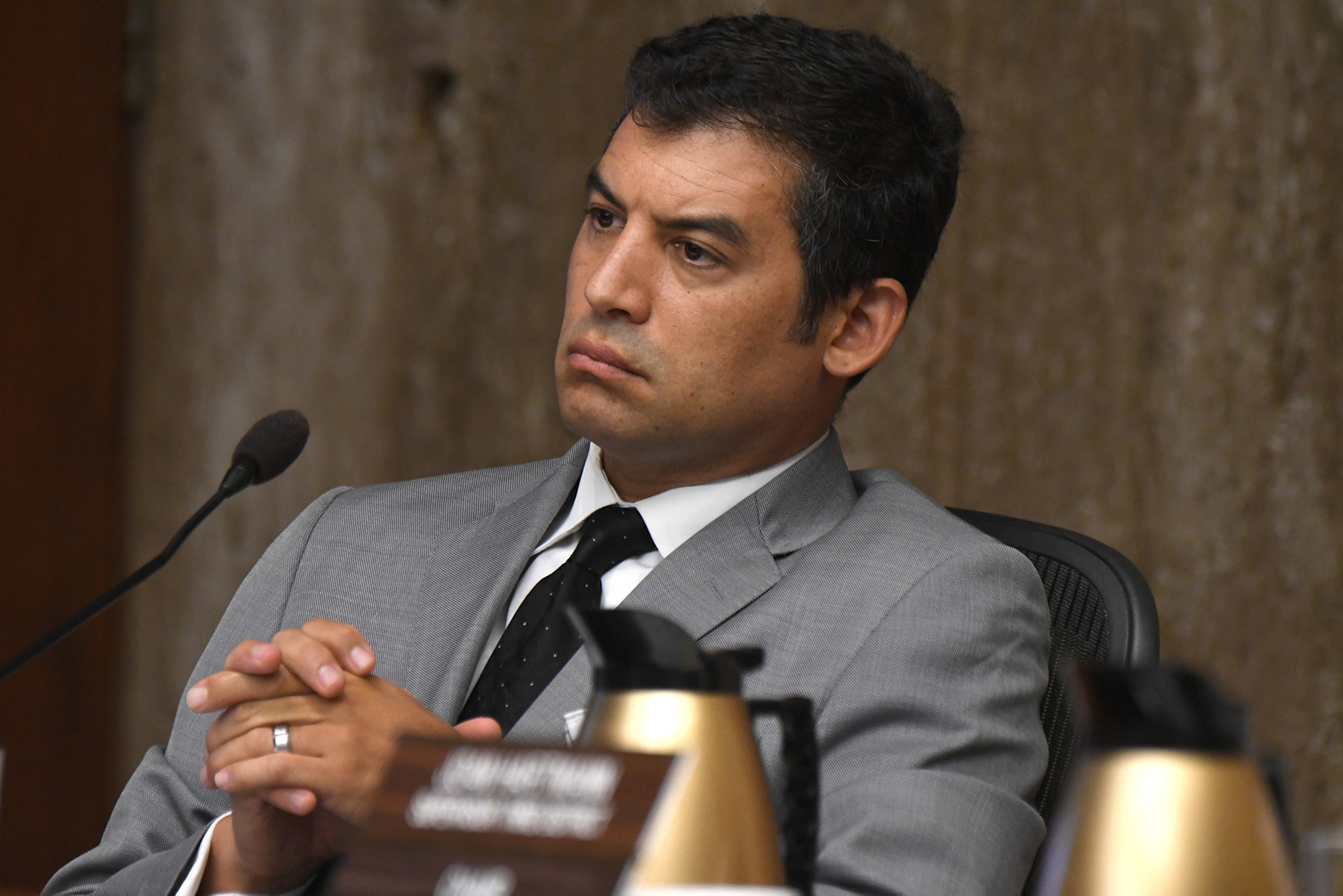Will Santa Barbara County Sue Big Pharma for Opioid Deaths?
Overdose Cases Jumped 300 Percent at Some Hospitals

First District Supervisor Das Williams is hoping Santa Barbara County will take on Big Pharma.
A growing number of government entities throughout the nation have sued pharmaceutical companies for overprescribing painkillers, accusing them of driving the nation’s opioid epidemic. The effort mimics one against Big Tobacco in the 1990s. Tobacco companies agreed to pay for anti-smoking campaigns and change advertising practices.
“Our [public service] costs are being created by pharmaceutical companies,” Williams said in an interview. “They are increasingly seen to have ill will in that they were pushing these drugs harder than appropriate.” Williams added that he has asked Behavior Wellness staffers if opioids are costing the county. “There is no question in their mind that it is.”
The number of narcotic overdose deaths has crept up in Santa Barbara County in recent years, according to the county’s drug and alcohol expert John Doyel. Last year, there were 60 deaths, he said. In addition, Cottage Health’s three hospitals reported a nearly 300 percent increase in overdose cases in emergency rooms from 2005 to 2016.
The possibility of Santa Barbara County pursuing a lawsuit against drug companies was discussed at last week’s Behavior Wellness Commission, said chair Sharon Byrne. It would require a two-thirds vote at the Board of Supervisors.
Although the opioid crisis has not been as crippling in California as it has been in the Midwest and the South, the western state has not been immune. Three years ago, Orange and Santa Clara counties filed a lawsuit against five drug companies alleging that the corporations downplayed the painkillers’ addictive risks, according to the Associated Press. Teva Pharmaceutical Inc. agreed to pay $1.6 million for substance abuse treatment programs, AP reported. Counties in West Virginia, Pennsylvania, Texas, Utah, Ohio, New York, among many others have filed similar lawsuits in state courts, according to several media reports.
Williams acknowledged that it is difficult to quantify the havoc created by these drug corporations. But he doesn’t see a downside to filing litigation, he said. “The downside could be an investment of time, but our jail costs and public safety costs are a significant driver of our overall costs. If we don’t get more revenue we’ll face an erosion in our public safety.”



